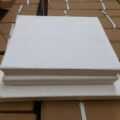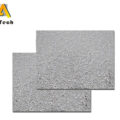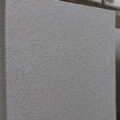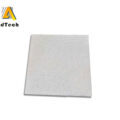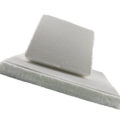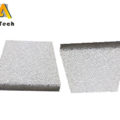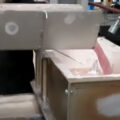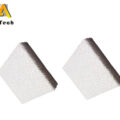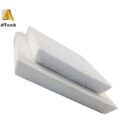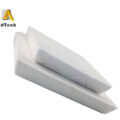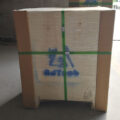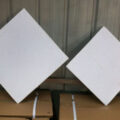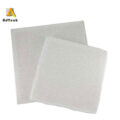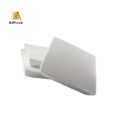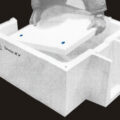Because the degassing and refining methods can not clean all the oxide inclusions in the melt, and often bring adverse effects on the quality of aluminum processing materials, the method of Metal Foam Filters filtering and slag removal was adopted in modern times, and the aluminum liquid becomes pure. The main functions of mechanical slag removal are mechanical slag removal and physical-chemical slag removal.
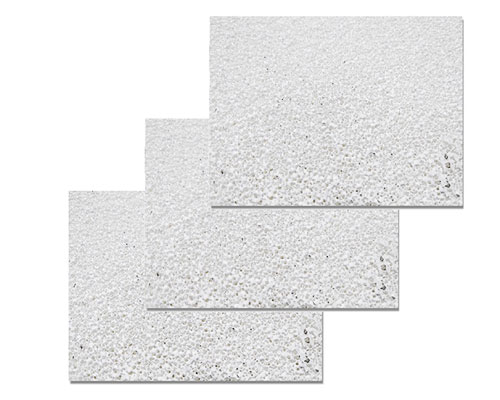
Metal Foam Filters
The role of mechanical slag removal mainly depends on the blocking effect of metal foam filter media, friction force or fluid pressure to make impurities settle and block up, so as to purify the melt. The physicochemical action is mainly the adsorption of the medium surface and the van der Waals force, no matter what kind of action. When the melt passes through a certain thickness of filter medium, impurities are easily separated due to the change of flow rate, impact or reflux. Generally, the smaller the gap and the larger the thickness of the filter medium, the lower the flow rate of metal melt, the better the filtration effect.
Metal Foam Filters are widely used in the world because of its convenient operation, good filtration efficiency and low price. In developed countries, more than 50% of the aluminum alloy melts are filtered by foam ceramic filter plates, and the foam ceramic filter plate is generally 50mm thick, and the filter with a width of 200~600mm is 0.8~0.9m. It does not require a very high pressure head to filter.
The initial stage is 100~150mm. After filtration, only 2~10m is needed. The filtration effect is good and the price is low. However, the foam ceramic filter plate is crisp and easy to damage. Under normal circumstances, it is only used. If it is used for more than two times, the melt insulation measures must be adopted, but it should not be used more than 7 times, and the new filter plate must be replaced within 48 hours.

